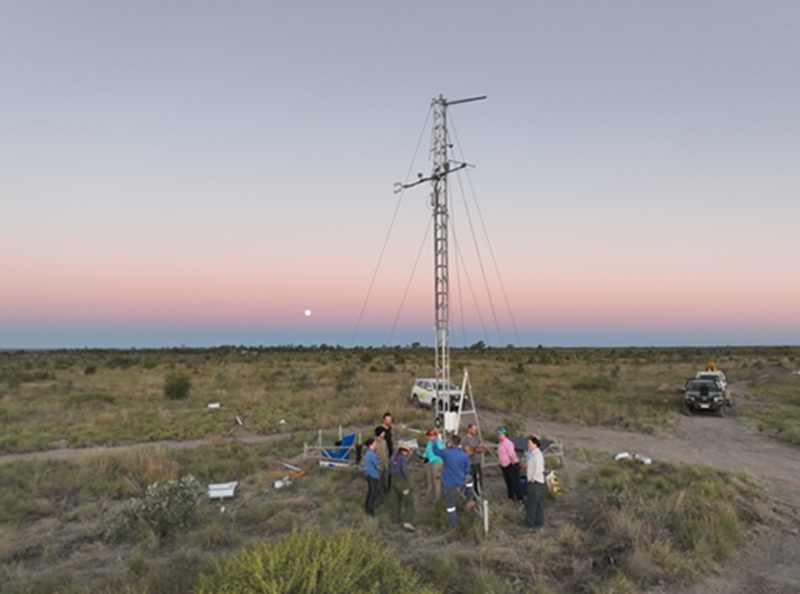The Australian Long-Term Agroecosystem Research (ALTAR) network provides independent, high‑resolution, long‑term data on carbon and water dynamics in Australian farming systems. By monitoring real working farms across diverse bioregions and management approaches, ALTAR seeks to reveal how managed systems can balance productivity with environmental resilience.
Rather than dispersing effort across many lightly monitored sites, ALTAR focuses on a smaller number of fully instrumented farms. This depth‑over‑breadth approach delivers continuous, high‑quality measurements that capture the complexity of system dynamics. Concentrating resources in this way reduces uncertainty, strengthens the robustness of findings, and improves their relevance for broader application.
ALTAR uses a paired-site approach (comparing “business as usual” to “changed management”) to understand the true impact of different farming methods.
- Eddy-covariance flux towers and meteorological: Continuous measurements of carbon and water balance (CO2 exchange, rainfall, evapotranspiration).
- Phenocameras: Automated time-lapse cameras track vegetation growth and seasonal changes.
- Aboveground biomass. Measuring pasture and woody vegetation growth.
- Soil cores: Carbon, Nitrogen and soil nutrients.
- Greenhouse gas fluxes: Nitrous oxide (N2O) using static chambers.
- Ecoacoustics: Recording bird and insect sounds to monitor biodiversity.
- BioCondition survey: Assessing ecological condition of vegetation and landscapes.
- Management data: (e.g. fertiliser application, movement of animals).
Project team
Project funding
For more information about the ALTAR project, visit the TERN Australia website.
